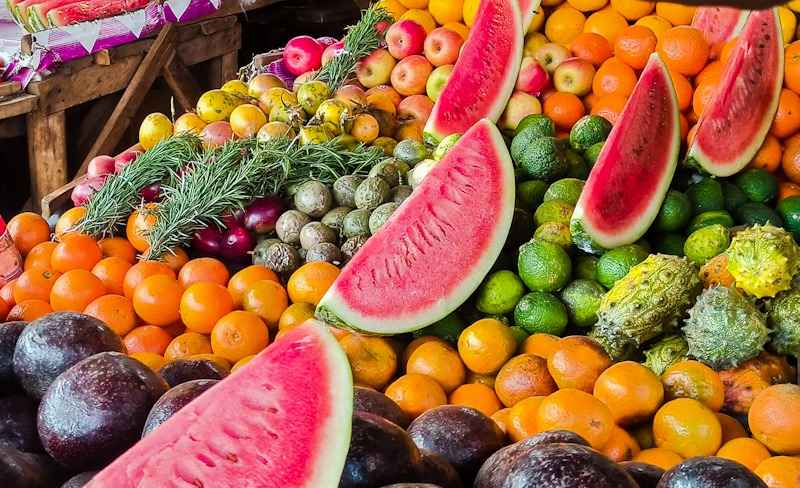Kenya’s inflation rate has marginally dropped to 7.3% in July from 7.9% in June.
This drop was attributed to the changes in the prices of food, according to the Kenya National Bureau of Statistics.
In the period under review, the food and non-alcoholic beverages index fell by 0.5% in July from a month earlier.
“The inflation was largely due to an increase in prices of commodities under Transport (13.0%); Food and Non-alcoholic Beverages (8.6%); and Housing, Water, Electricity, Gas and other fuels (7.8%) between July 2022 and July 2023,” KNBS report read in part.
The transport sector saw a year-on-year increase of 13%, while the prices of alcoholic beverages, tobacco, and narcotics increased by 10.1%.
Among the key sub-items, electricity saw significant year-on-year increases of 65.7% and 46.6%, while transport costs increased by 40% following the upward adjustment of electricity tariffs in April 2023.
“During the review period, the prices of 13Kg gas/LPG, electricity 200 kilowatts and electricity 50 kilowatts decreased by 9.2%, 5.3% and 4.4%, respectively, between June 2023 and July 2023,” the report continued.
“The Transport Index went up by 3.5 per cent between June 2023 and July 2023 mainly due to increase in prices of petrol and diesel, which rose by 6.9 per cent and 7.4 per cent, respectively.”
Central Bank of Kenya’s preferred inflation band stands at between 2.5%to 7.5% in the medium term.
NCBA Market Research analysts note that sustained inflationary pressure will keep the monetary policy stance tight.
“Overall, elevated inflation expectations remain juxtaposed with tight monetary policy. That said,
the Monetary Policy Committee (MPC) meets on August 9th 2023.”
“Their decision will hinge on the outcome of the success of monetary policy transmission through the interbank rate as well as the inflation print for July.”




